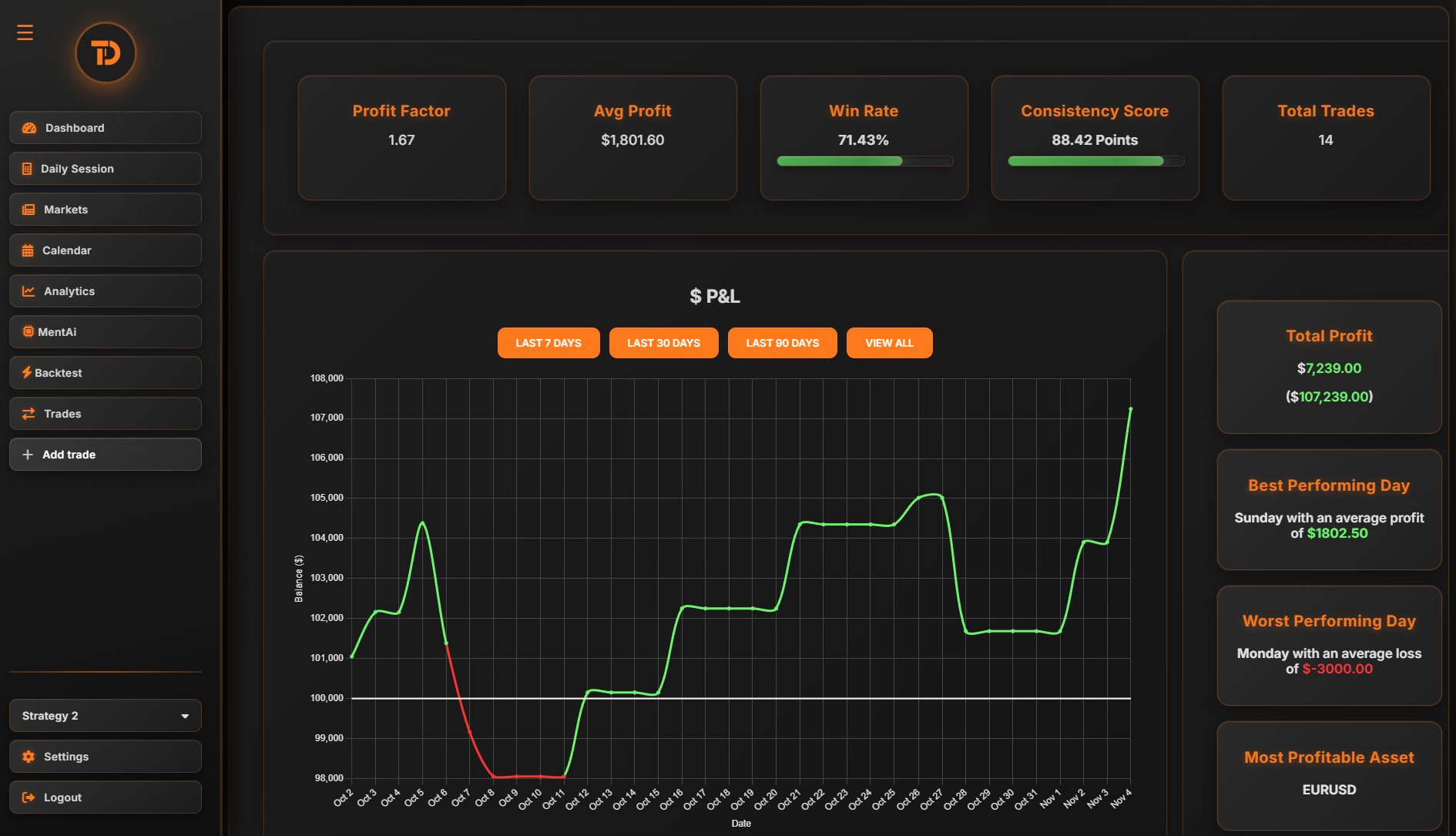Markets are dynamic, and a strategy that works well in a trending market may not perform as effectively in a range-bound or choppy market. Adapting to different market conditions is essential for long-term profitability. This requires recognizing when market conditions have shifted and being flexible enough to adjust your strategies, risk levels, and expectations. For example, in a trending market, momentum strategies may thrive, while in a range-bound market, mean-reversion strategies might be more effective. Additionally, knowing when the market is too uncertain or volatile may prompt you to reduce your risk exposure or sit on the sidelines until clearer opportunities arise. The ability to adjust and adapt is crucial for minimizing losses and maximizing gains in ever-changing market environments.
Adapting your approach to different market conditions helps you maintain consistency and avoid forcing strategies that are not aligned with the current market landscape. Recognizing these shifts and acting accordingly can significantly improve your trading performance.
. Why use a trading journal: A trading journal allows you to track how well your strategies perform in different market conditions, providing valuable insights into what works best in trending, range-bound, or volatile environments. By reviewing your past entries, you can identify patterns that reveal which setups are most successful in specific market conditions. This helps you adapt your approach to the market environment more effectively, ensuring that you use the right strategies at the right times. The journal serves as a feedback tool, guiding you to refine your approach and adjust your risk management based on the market’s behavior, ultimately enhancing your ability to stay profitable in the long run.

